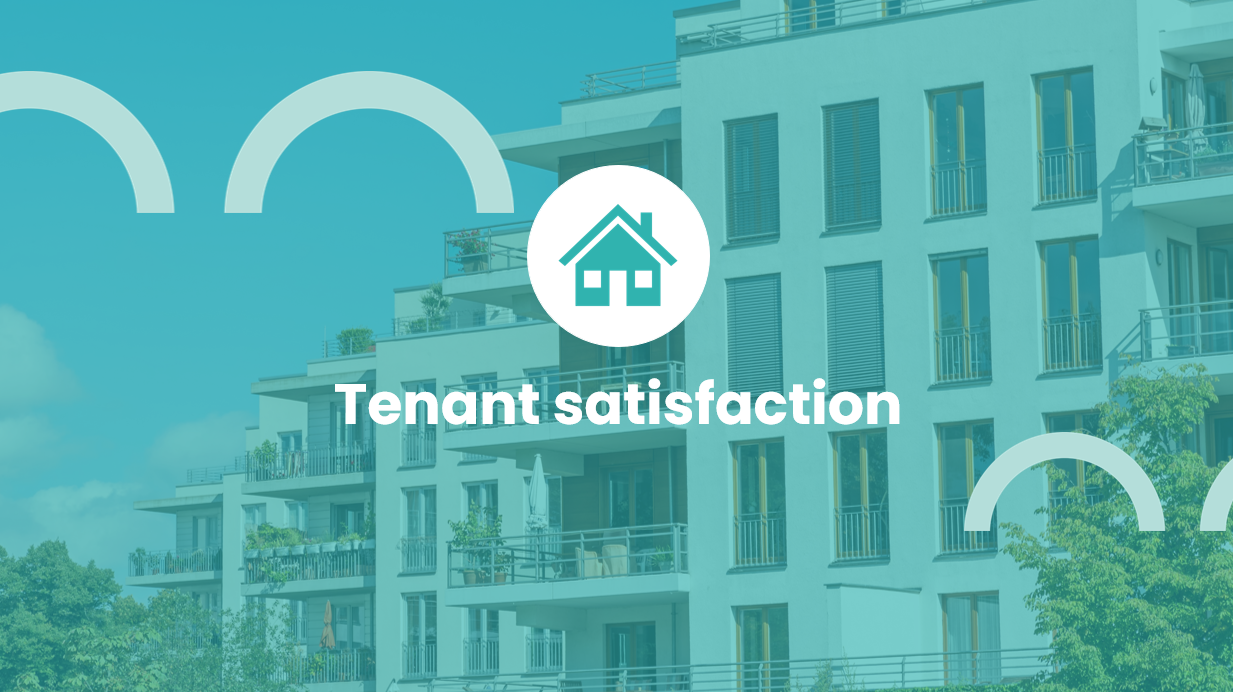What is tenant satisfaction?
Finding the perfect home is an important quest for many. But what truly makes a property great? The key to a successful living situation lies in tenant satisfaction. But what does this really mean?
Tenant satisfaction is more than just a statistic
Tenant satisfaction reflects how happy tenants are with their living situation. A property must at least be clean, intact, and safe. But tenant satisfaction goes beyond the physical aspects — it also includes the service provided by the property manager. Clear communication with the manager is essential for satisfaction. In short, it’s about the tenant’s overall experience. Tenant satisfaction is not just a statistic; it’s a reflection of a successful relationship between tenant and manager.
How is tenant satisfaction achieved?
Two main factors influence tenant satisfaction:
- Tenant expectations
- Tenant experiences
Expectations arise from communication, past experiences, and tenants’ needs. They can shift depending on the service and role of the property manager. Good communication is crucial. Tenants need to feel heard and taken seriously. Quick responses to maintenance requests and questions should be standard. But it’s also about being proactive and anticipating potential issues. For example, as sustainability upgrades become common, communicating changes in advance helps align expectations.
Experiences come from three levels: the what (the price/quality ratio of the property and living environment) the how (how the manager handles repairs, requests, and services) and the who (the interactions between manager and tenant). These levels influence each other and together shape the tenant’s overall experience. Striving for satisfaction across all levels is essential.
Property managers can further boost tenant satisfaction by offering extra amenities and services such as shared spaces, parking, or a well-organized waste system. Even small gestures, like annual check-ins, can make a big difference.
What are the benefits of tenant satisfaction?
Tenant satisfaction brings multiple benefits for both tenants and landlords. Satisfied tenants tend to stay longer, ensuring a stable income stream. They are also more likely to invest in their living environment. Although rent increases remain a sensitive topic, satisfied tenants are generally more accepting of reasonable increases. Additionally, happy tenants often leave positive reviews, boosting the landlord’s reputation. This can lead to higher occupancy rates and better rental returns.
In short, tenant satisfaction is the key to a successful, long-term rental relationship. A combination of well-maintained properties, effective communication, and proactive management increases tenant satisfaction and strengthens the manager’s positive reputation — creating a true win-win for all parties.

